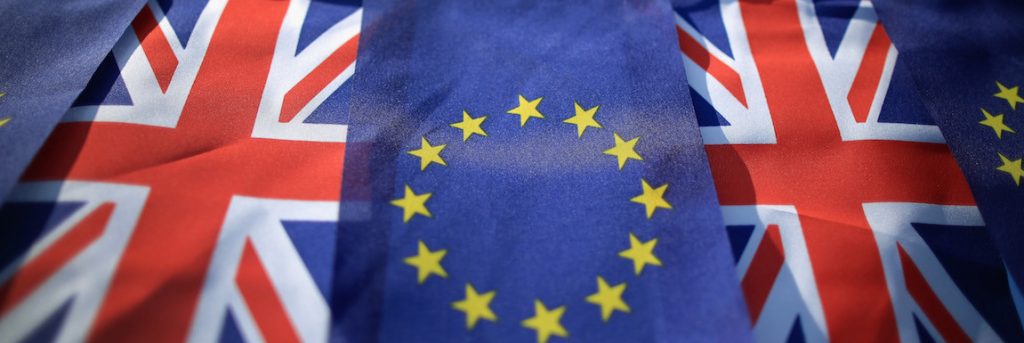Brexit And The International MBA

The shockwave of the U.K.’s vote to leave the European Union in late June, 2016, caused an immeasurable amount of ripple effects—many of which are, still, difficult to quantify. Stocks immediately descended upon hearing the news of UK voters opting to the leave the EU by a close margin of 52 percent to 48 percent. Just four months after the move, the value of the English pound fell to its lowest rate in 31 years, according to the Wall Street Journal.
The long-term effect of the vote will take years—potentially decades—to determine. And one of the many areas potentially feeling those drastic effects is the MBA market in London.
As the financial epicenter of the world, London’s prestigious business schools have potentially a lot to lose when it comes to the value of the MBA, not mention the overall cost of earning one. Economic analysts have already speculated that the price of earning an MBA will diminish because of the value of the pound, but small purchases (like the brand new Apple MacBook Pro) will be more expensive in the U.K. than other markets because of the Brexit effect. So concerns, to put it lightly, are all over the map.
According to reports, new U.K. prime minister Theresa May has already gone on record saying that the number of international students joining the UK will be reduced in light of the vote, which was significantly driven by immigration concerns.
“As Home Secretary,” writes Bloomberg reporter Lance Lambert, “she implemented visa changes that made it harder for students from abroad to stay in the country after graduation. A crackdown on immigration was at the heart of the ‘Leave’ movement calling for Britain’s exit [from the EU].”
A crackdown in such a manner could drive a significant portion of potential students to competitive U.S. business schools, making the all-important talent pool more shallow in the U.K.
This isn’t the first attempt from May to curtail international students in recent years. As Home Office Secretary, May imposed tighter restrictions on student visas, which went into effect in 2015. The Chartered Association of Business Schools notes, “Non-EU first-year students studying business and administration in the country last year dropped 8.6 percent to 60,190, the lowest level since 2009-10.”
Of the £3.25 billion business students enter into the U.K. economy, £2.4 billion comes from international students—roughly 73 percent of the total amount. And with the potential £51 billion loss in revenue from British banks, the prestige of joining the finance industry in England may begin to deflate.
Not all news is dour, however. Considering the long-term effects haven’t yet played out, there remains some steady optimism that the negative effects won’t be as disastrous as some speculated.
Andrew Likierman, dean of London Business School, spoke with Bloomberg, saying, “In all of the dealings I’ve had with politicians … our students are precisely who they want to attract to the U.K.” He hopes the moves won’t eliminate top-tier talent from entering the country, rather, weed out the potentially weaker applicants.
“This isn’t the first time people have gotten anxious about globalization. This is just the latest of that manifestation,” Likierman says. “What we’re offering students from all over the world is to get a very global view of business. And the demand for that isn’t going away.”
With preparation for the full move still in its early stages (the U.K. doesn’t officially leave the EU until March 2017), how it will play out is exceptionally uncertain. John McDonnell, Shadow Chancellor of the Exchequer, has gone on record saying that May and her cabinet are still in a “make it up as they go along” type of strategy, which probably doesn’t espouse confidence. The long-term success of the move may be predicated on how the country handles working with international markets, which also affects the value of its academic institutions and the aforementioned MBA programs.
If anything is certain, it is that MBA students will have a large opportunity to learn about the changes government initiatives have on businesses, both domestic and international. It’s just a matter of whether or not students will be in London to learn about it.
